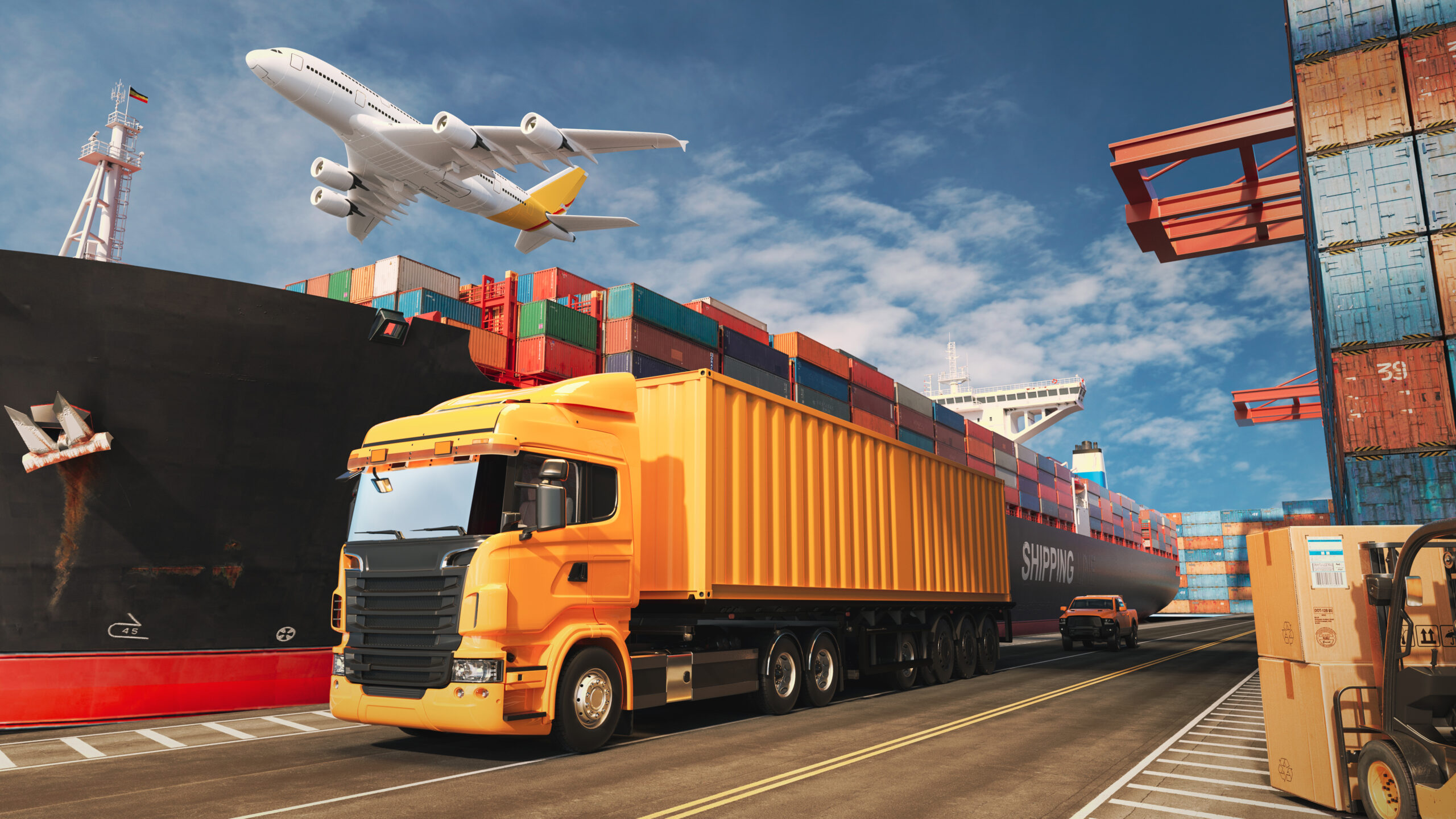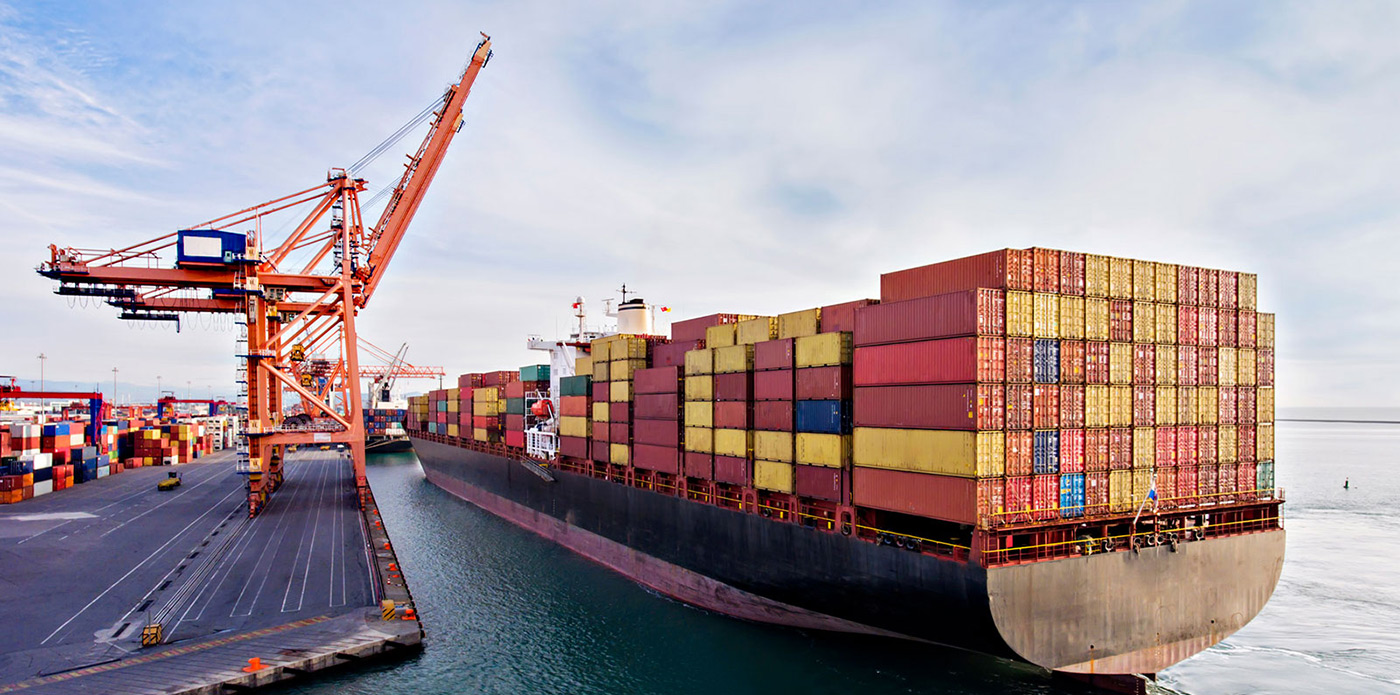How do freight forwarding companies deal with the impact of customs approval on freight?
Customs approval has an important impact on freight. Freight forwarding companies need to take a series of measures to deal with this challenge and ensure smooth customs clearance of goods. Here are key ways freight forwarders can deal with the impact of customs approvals:
1. Professional team and compliance training:
Freight forwarding companies should build a professional customs affairs team to ensure that team members are familiar with and comply with the customs regulations of each country. Provide ongoing compliance training to the team to address complex approval processes and regulatory changes.
2. Plan transportation time reasonably:
Shipping forwarding companies need to understand the customs approval process of the destination country or region in advance and reasonably plan the transportation time of the goods. Ensure that sufficient buffer time is left during the approval process to avoid delays in approval that may affect the timely delivery of goods.
3. Establish cooperative relationships and information sharing:
Establish a close working relationship with customs to understand the latest approval requirements and process changes. Share information with other relevant institutions and companies to obtain real-time industry trends and adjust strategies in a timely manner.

4. Complete document and information preparation:
Shipping forwarding companies should prepare all required documents and information in advance to ensure that they are accurate and complete. This includes cargo manifests, invoices, packing lists, etc. so that required documents can be submitted quickly for customs approval.
5. Use digital technologies:
Use digital technology to establish an automated customs declaration system. This can improve the accuracy and efficiency of declarations, reduce human errors, and speed up the approval process.
6. Professional legal consultation:
Freight forwarding companies should cooperate with professional legal teams and conduct regular legal reviews to ensure that company operations comply with customs regulations of various countries. Legal teams can provide timely advice on new regulations and regulatory changes.

7. Accuracy of cargo classification and product name:
Ensuring the correct classification and product description of goods is critical for customs approval. Accurate cargo classification helps avoid approval delays and additional inspections.
8. Contingency plan for emergencies:
Develop contingency plans to deal with emergencies, such as delays in customs approval, detention of goods, etc. Communicate with customers in a timely manner and find solutions together.
Through the above measures, shipping forwarding companies can better deal with the impact of customs approval on freight, ensure the smooth flow of goods in international trade, improve service quality, and win the trust of customers.




